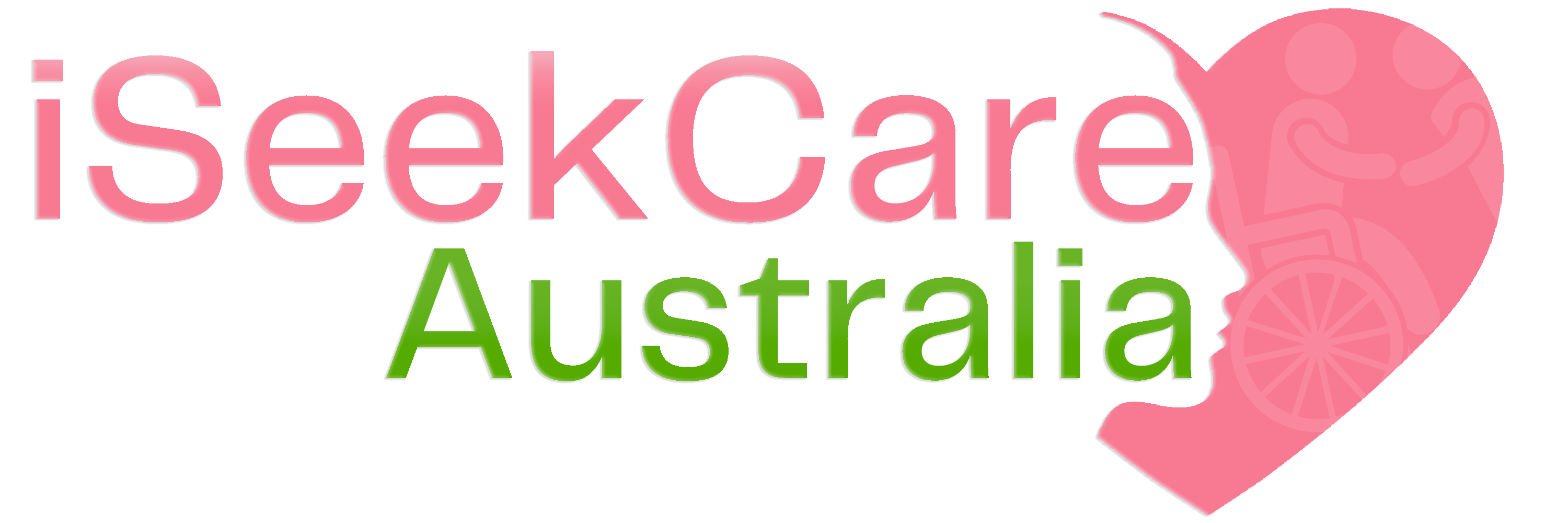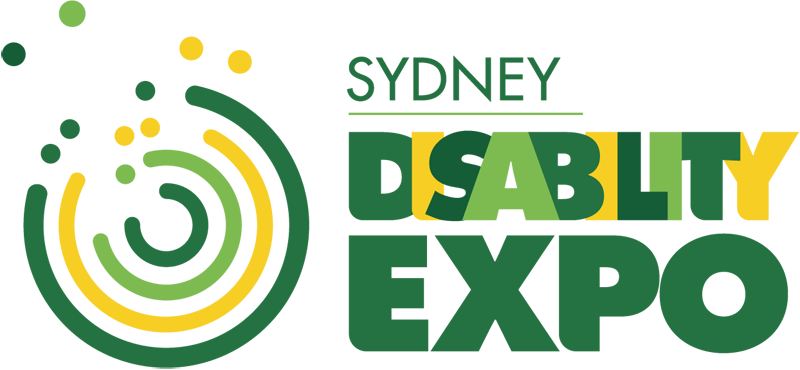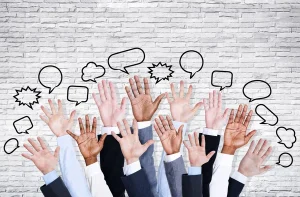The Ultimate Guide to Disability Fairs: What to Expect and How to Make the Most of Your Experience
Attending a disability fair is a great way to connect with organizations and businesses that specialize in disabilities. These fairs offer an opportunity to meet professionals, medical or governmental representatives and learn more about products, services, and resources available to people with disabilities. If this is your first time attending such an event, it can feel a bit intimidating. That’s why we’ve created this ultimate guide to disability fairs to help you know what to expect and how to make the most of your experience.

1. Preparing for the Fair
Before attending the disability fair, it’s important to research the event online and see who the main sponsors are. Make a list of the booths you want to visit, the questions you need to ask, and the resources you want to learn more about. Another helpful way to prepare is to bring copies of your resume, business cards, and other materials that you can give to potential employers or service providers. Make sure you bring a bag to carry any brochures, flyers or business cards that you collect.
2. Engaging with Exhibitors at the Fairs
When you arrive at the disability fair, take a moment to get your bearings. Most fairs have a map or signs with the name and number of exhibitors. As you start visiting booths, don’t be afraid to ask questions about their services or products. Make connections with exhibitors by introducing yourself and starting a conversation.
Remember to bring yourself, your personality and let out your enthusiasm as this will leave a lasting impression on people you meet.
3. Participate in Activities and Workshops
Many disability fairs offer workshops and activities that are informative and fun. Don’t be nervous to participate in these events. It will give you the opportunity to learn new skills, meet new people and have some enjoyable experiences. Some events may even offer prizes or incentives to those who participate.
4. Stay Connected
Once the fair is over, make sure to follow up with the exhibitors you have met. Find and connect on social media, and remember to keep in touch. Email or message them thanking them for their time and reference some of the things you talk about, as a polite follow up. This will keep you fresh in their minds, and a great contact point for any future opportunities.
5. Have Fun in the Fairs
Last but not least, remember to have fun. Attending a disability fair can be a bit overwhelming, but with all the excitement, meeting wonderful generous people, and learning something new, it can be a lot of fun too. Embrace this as a unique opportunity and seize it.
Conclusion:
Disability fairs are a fantastic way to connect with people and organizations that are focused on disability awareness, advocacy, and opportunities. With our ultimate guide, you now know what to expect and how to make the most of your experience. By researching the event beforehand, engaging with exhibitors, participating in activities and workshops, staying connected, and most importantly, having fun, your visit to a disability fair can be a valuable and enjoyable experience. We hope the tips and tricks outlined in this guide help you make meaningful connections and gain the resources you need to achieve your goals.



